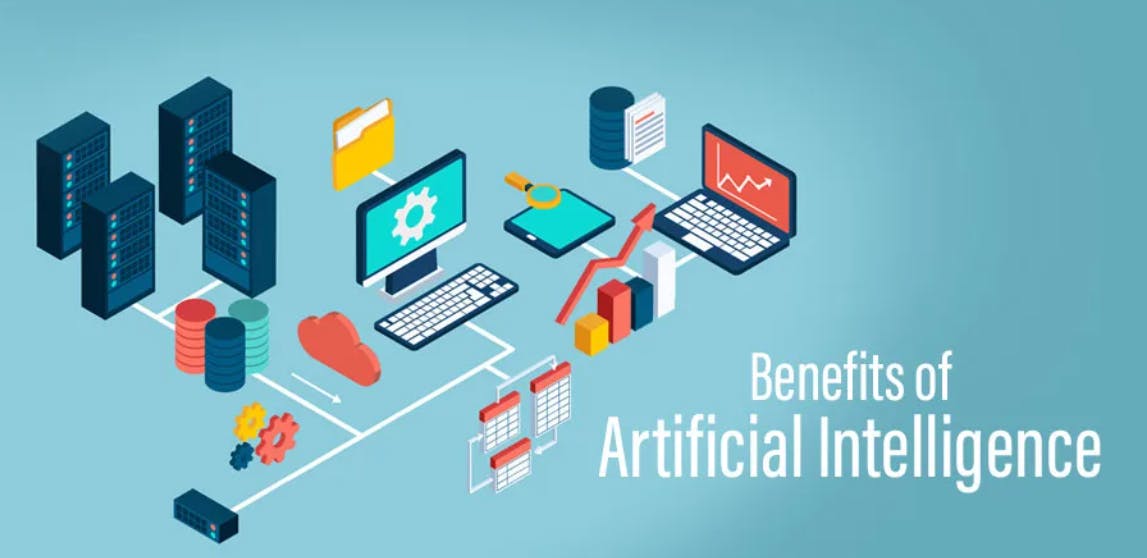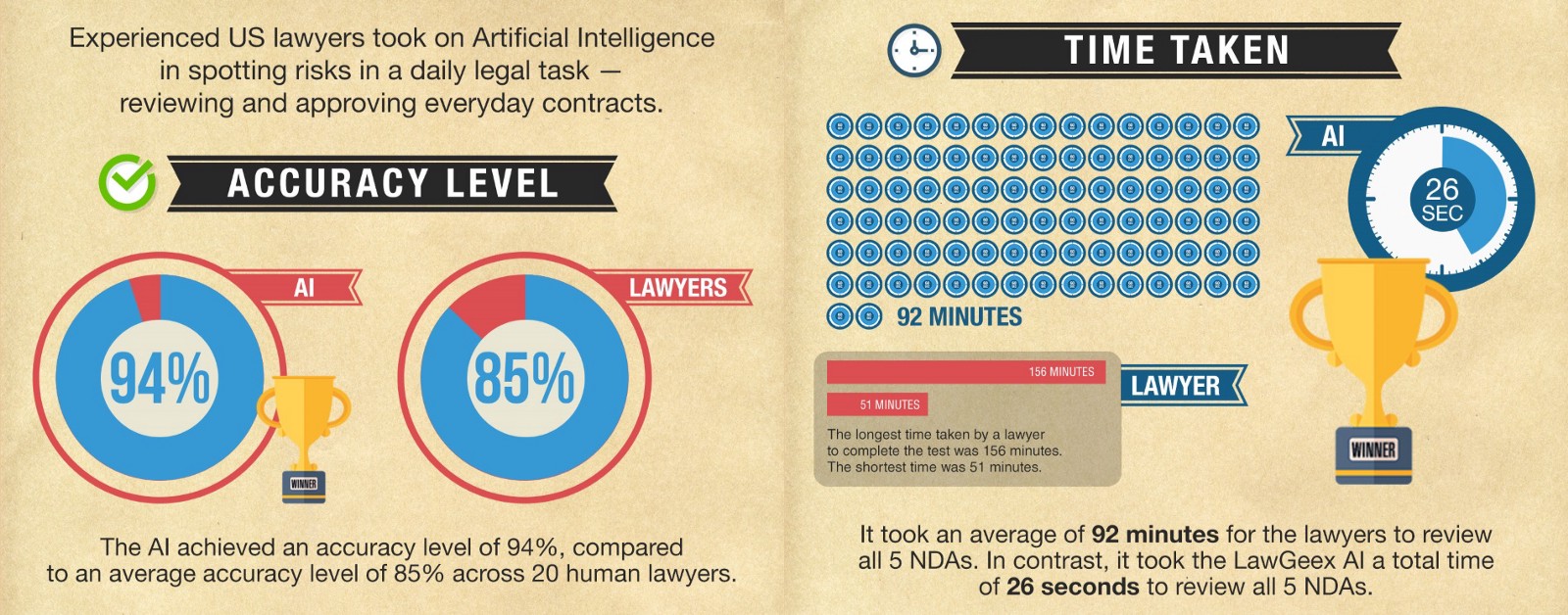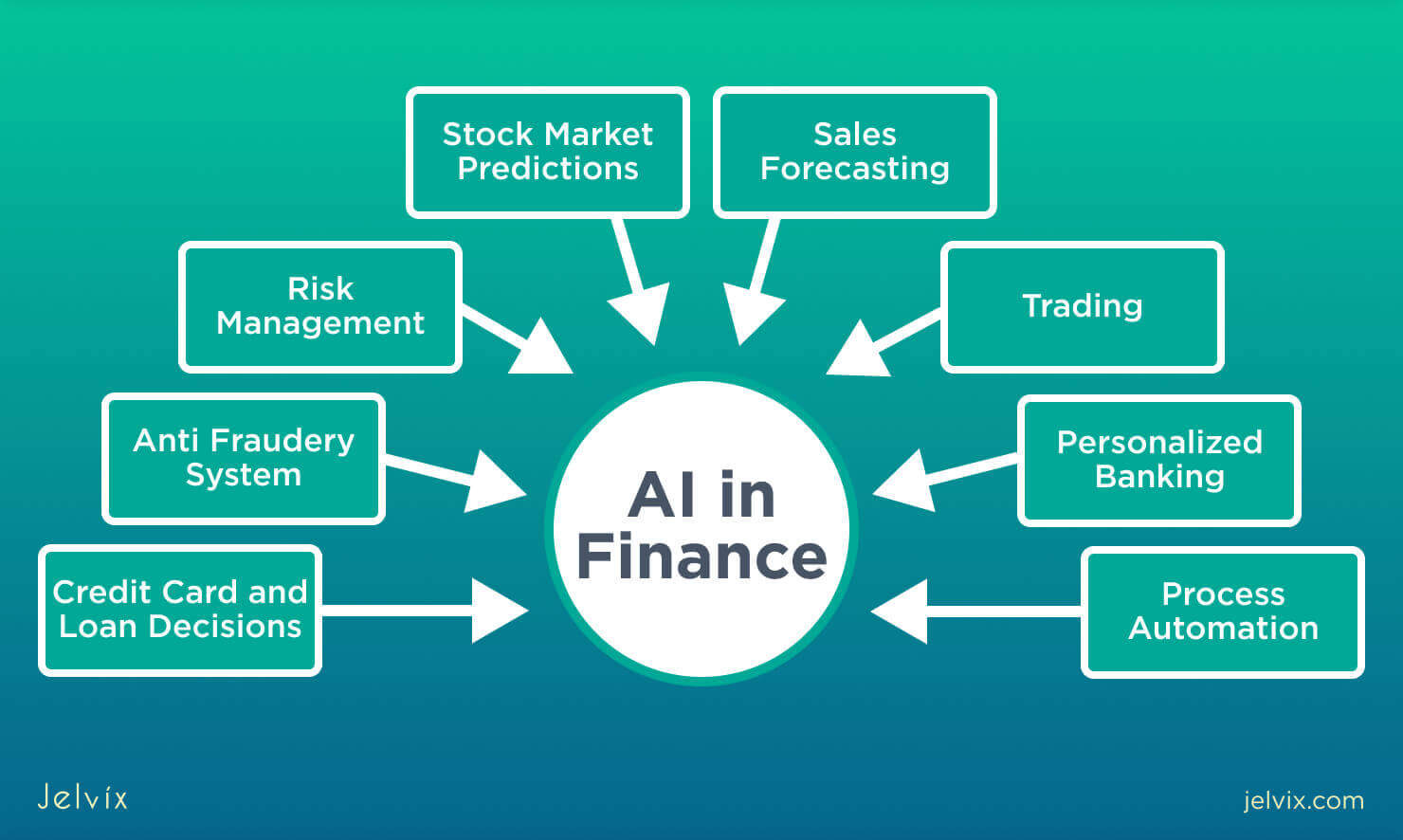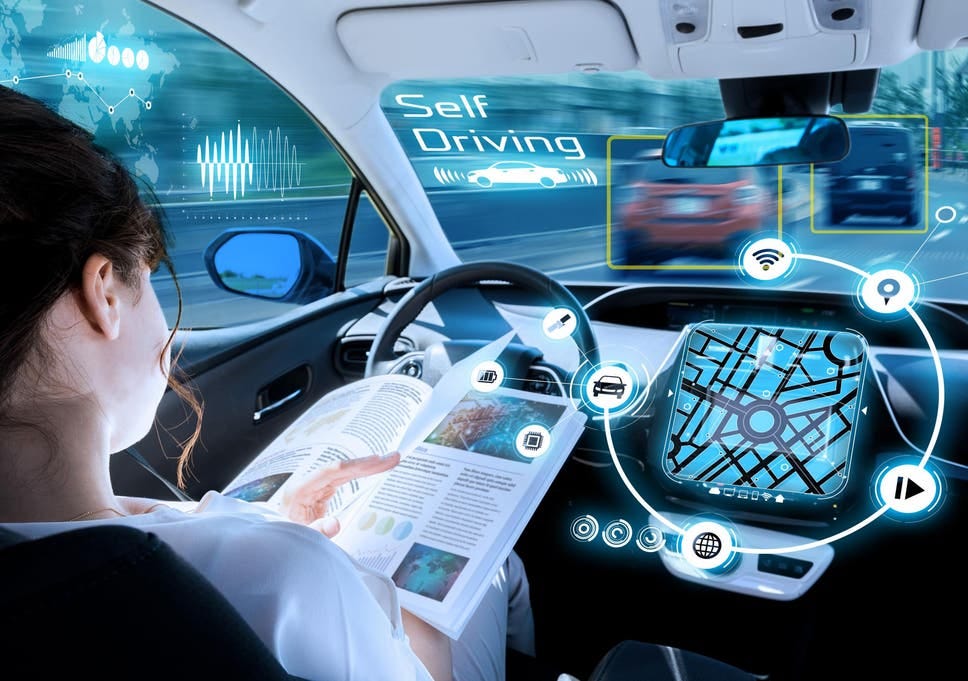Welcome back to the fourth instalment in our series of blog posts on artificial intelligence (AI)! In this post, we'll be discussing the many benefits that AI has to offer.

Artificial Intelligence (AI) is rapidly transforming the way we live and work. It is a technology that simulates human intelligence and decision-making capabilities to perform tasks with high accuracy and efficiency. AI has become an essential tool for businesses across various industries to optimize their operations, streamline processes, and make better-informed decisions. In this blog, we will discuss the various benefits of AI and how it is being used in various industries to achieve these benefits.
Improved Efficiency

One of the most significant benefits of AI is improved efficiency. AI systems can analyze large volumes of data and perform complex computations much faster and more accurately than humans. By automating repetitive and time-consuming tasks, AI can free up human resources to focus on higher-value activities that require critical thinking and creativity. For instance, in the manufacturing industry, robots powered by AI can perform tasks such as assembly, welding, and quality control with greater speed and precision than humans.
Increased Productivity

AI can also increase productivity by optimizing workflows and processes. For example, AI-powered chatbots can handle customer queries and complaints in real time, reducing the need for human customer support agents. AI can also analyze vast amounts of data to identify patterns and trends that humans may not be able to detect. This information can then be used to make better-informed business decisions and improve overall productivity.
Improved Accuracy

AI can perform tasks with a high degree of accuracy, reducing the likelihood of errors and mistakes. For example, AI can be used in healthcare to analyze medical images and diagnose diseases with greater accuracy than human doctors. In the financial industry, AI-powered fraud detection systems can identify fraudulent transactions with greater accuracy than traditional fraud detection methods.
Examples of AI in Various Industries
Healthcare

One of the most promising applications of AI is in healthcare. AI-powered systems are already being used to help diagnose and treat a wide range of medical conditions, from cancer and heart disease to mental health disorders. By analyzing vast amounts of patient data, AI algorithms can identify patterns and make predictions about a patient's health, helping doctors make more informed decisions about treatment options. AI can also be used to automate administrative tasks, freeing up time for healthcare professionals to focus on patient care.
Finance

The finance industry is also ripe for disruption by AI. Financial institutions are using AI algorithms to analyze large datasets and detect patterns that can help them make better investment decisions. AI can also be used to detect fraud and prevent financial crimes. Chatbots powered by AI are being used to improve customer service, providing customers with quick and accurate answers to their questions.
Manufacturing

In the manufacturing sector, AI is being used to improve efficiency and productivity. AI-powered robots can perform tasks that are too dangerous or difficult for humans, such as welding and painting. By analyzing data from sensors and other sources, AI algorithms can optimize manufacturing processes, reducing waste and improving quality.
Transportation

AI is also transforming the transportation industry. Self-driving cars and trucks are already being tested on public roads, with the potential to reduce accidents and improve traffic flow. AI-powered traffic management systems can analyze data from cameras and other sensors to optimize traffic flow, reducing congestion and improving safety.
Conclusion
In conclusion, AI offers numerous benefits, including improved efficiency, increased productivity, and improved accuracy. The technology is being adopted in various industries to optimize operations and improve business outcomes. However, the implementation of AI also brings challenges, such as ethical concerns and the potential for job displacement. Nevertheless, the benefits of AI outweigh the challenges, and businesses that embrace AI are likely to gain a competitive advantage in the long run.
Thank you for reading this blog on the Benefits of AI. We hope you found it informative and insightful. Stay tuned for our next blog, where we will discuss the various Challenges of AI.


